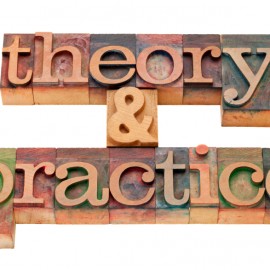Articles
Turning Off the Anxiety Switch
Somehow, your brain has interpreted this as a present threat and released anxiety chemicals into your system.
Topics: anxiety, early recovery, tools for recovery
Sleep Better in Early Recovery
Good sleep patterns are an antidote for depression, and research shows that better sleep directly improves your mood.
Topics: early recovery, tools for recovery
Hidden Agendas
Topics: client engagement and motivation, compliance and noncompliance, counseling skills, resistance manipulation ambivalence
The Active and the Passive
At its root, treatment is primarily a work relationship– with goals that need to be accomplished, and outcomes that must be kept in mind.
Topics: client engagement and motivation, counseling skills, resistance manipulation ambivalence
Agenda vs. Agenda
Ambivalence isn’t just a matter of figuring out what we want to do. It’s very much about the ability to make good decisions and feel confident about them.
Topics: client engagement and motivation, counseling skills, negotiation, treatment planning
A Simple Test
Really resistant clients are already planning to continue using alcohol or drugs throughout treatment, possibly in secret.
Topics: assessment, client engagement and motivation, counseling skills, resistance manipulation ambivalence
Building Blocks of Motivation
Even when the patient has concluded that continued substance use is no longer the best option, he or she still harbors a number of important doubts about the ability to change.
Topics: client engagement and motivation, counseling skills, resistance manipulation ambivalence, self diagnosis
Motivation vs. Unmotivation
Most addicts and alcoholics wind up in treatment because they’re experiencing difficulties due to substance use– ranging from the pain of withdrawal to troubles with the law, to threatened loss of job or family.
Topics: client engagement and motivation, counseling skills, DUI/DWI
The Practitioner vs. the Technique
I take great care in finding the right practitioner. He or she will likely be more important than the technique itself.
Topics: clinical management, clinician skills, outcomes, program development














